The Canadian Trucking Alliance (CTA) continues to work diligently with the Government of Canada on the impacts of the January 15, 2022, border vaccination mandate as the current domestic exemption for federally regulated trucking companies continues with further discussion and consultation.
As previously outlined by CTA, the Alliance estimates that upwards of 12,000-22,000 drivers could leave the US-Canada market when the mandate is introduced; and that losing any more drivers will only further stress an already fragile supply chain unless the timing of the mandate is delayed.
CTA recently surveyed its members on the impact of this announcement on their driver population. Although many fleets reported a modest increase in their vaccination rates, many are still preparing for deductions in the 10%-20% range, and upwards of 20% in certain regions of the country.
Some general trends identified through CTA’s outreach: as driver exit rates enter the 10% range, fleets will begin to deprioritize and even delist certain customers and certain lanes and; as driver exit rates move above 15%, the list of customers who won’t be able to access service providers will expand.
There are also pockets of fleets throughout Canada with vaccine rates well below the 80-percent vaccination rate floor CTA members have reported. Vaccination rates below 80% would lead to significant service disruptions for customers who directly rely on such fleets or even connected to them through third-party logistics.
Many fleets responded that if their challenges in retaining drivers continues to be significant as the mandate approaches, they would first drop customers who they ship to infrequently, as well as smaller accounts, followed by freight that is more challenging to move or locations that aren’t driver- or service friendly.
As discussions around the border vaccination mandate continue to intensify, revisiting the current vaccination exemption for the federally regulated trucking sector would only further compound supply chain issues and the lack of available labour beyond truck drivers.
With a proposed vaccination mandate being introduced by Employment and Social Development Canada (ESDC), CTA estimates there are at least another 30,000 federally regulated drivers that do not cross the Canada-US border, who would be impacted by a domestic vaccination mandate, in addition to the upwards of 22,000 drivers impacted by the US-Canada border mandate.
The impact of a domestic mandate would not stop at just drivers. While many key positions in our sector have very high vaccination rates, other areas which are already suffering from shortages will also need some relief from a proposed mandate, including jobs like mechanics.
To further reinforce our sector’s importance to the integrated supply chain and its impact on everyday consumers, CTA commissioned a public opinion poll in November through Nanos Research to gauge the general public’s opinion on several key topics relating to the trucking industry. Consequently, 83% of Canadians reported they are concerned about supply-chain fragility and feel that it is becoming harder to get goods. In some parts of the country, this concern reached just shy of 90%, clearly demonstrating that Canadians are already aware of the challenges affecting the supply chain and the economy.
CTA will continue to work with the Government of Canada on both issues to ensure that these unique Canadian supply chain issues currently are well understood and CTA will remain at the table to find workable solutions that balance both public safety and the economic stability of our country.


















